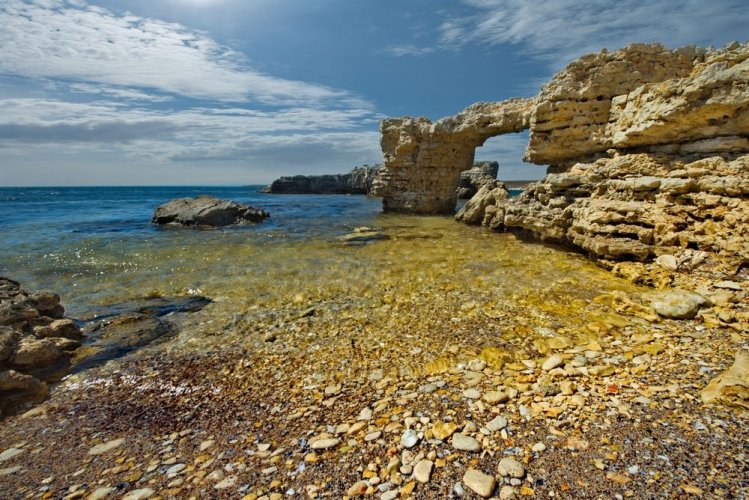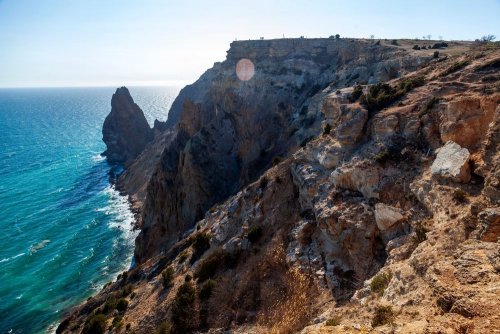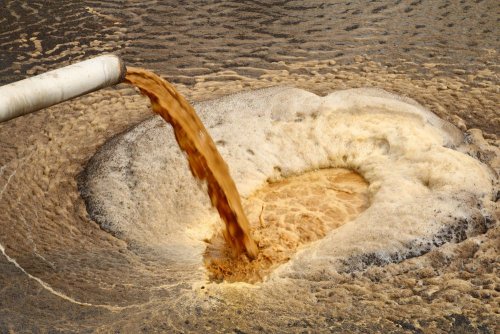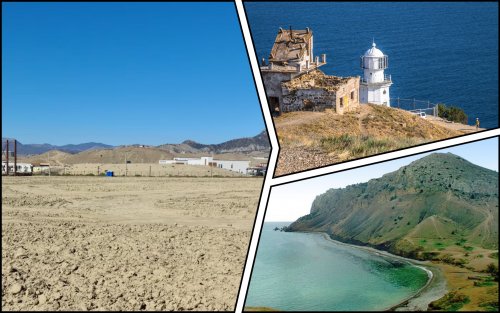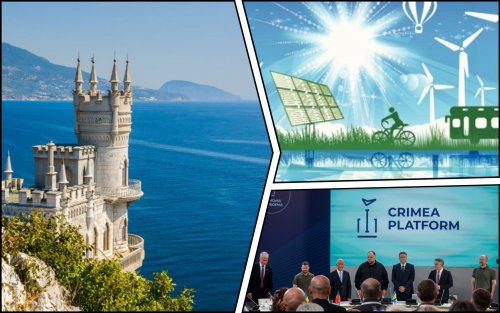The expert of the Crimean Tatar Resource Center (KTRC) Yevhen Khlobistov stated at the Climate Summit COP27 that the issue of the deoccupation of Crimea is closely related to the solution of environmental problems, in particular to overcoming the damage caused to natural resources and the environment.
He emphasized that the solution to the accumulated ecological and economic problems of Crimea is possible only after its return to Ukrainian jurisdiction, the non-governmental organization Crimean Tatar Resource Center reports on Facebook.
Khlobistov spoke about this at a side event on the topic: "Impact on climate change: Crimea, indigenous peoples and international crimes", which was organized by the KTRC with the Ministry of Environmental Protection and Natural Resources of Ukraine.
He emphasized that the Russian Federation had caused damage to the ecology of Crimea, in particular:
- within the objects of the nature reserve fund;
- water resources;
- due to the use of the Kerch Peninsula as a solid military training ground;
- as a result of the ever-increasing militarization of Crimea due to the full-scale invasion of Russia into Ukraine.
"We express our gratitude to the International Renaissance Foundation and the Initiative for the Development of Environmental Policy and Advocacy in Ukraine for the opportunity to carry out systematic monitoring of the violation of the Crimean ecosystem and the organization of this side event," the message said.
Earlier, EcoPolitic wrote, that experts of the Crimean Tatar Resource Center (KTRC) conducted analysis of climate change features, manifestations of natural phenomena and trends in climate comfort for the population of Crimea, as well as identified the territories most vulnerable to environmental changes.
As EcoPolitic previously reported, eco-activists from the environmental protection organization Ekodiya stated that the construction of a bridge across the Kerch Strait endangered the ecosystems of Crimea and the Sea of Azov.

